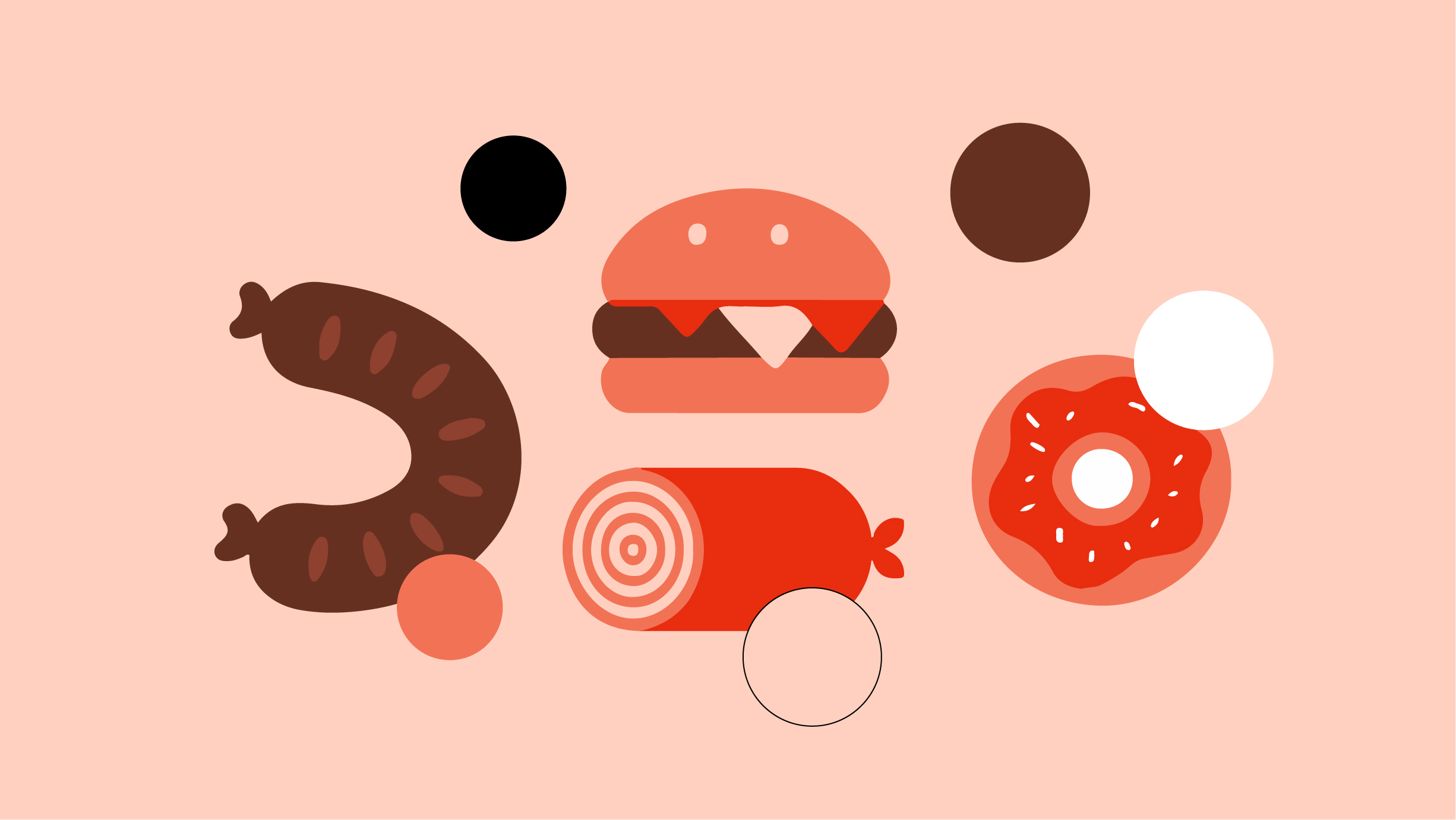What should I tell my care team before I take this medication?
They need to know if you have any of these conditions:
- Diabetic ketoacidosis (DKA)
- Kidney disease
- Liver disease
- Stomach or intestine problems, such as bowel blockage
- An unusual or allergic reaction to acarbose, other medications, foods, dyes, or preservatives
- Pregnant or trying to get pregnant
- Breastfeeding
What may interact with this medication?
Some medications may affect your blood sugar levels or hide the symptoms of low blood sugar (hypoglycemia). Talk with your care team about all of the medications you take. They may suggest changes to your insulin dose or checking your blood sugar levels more often.
Medications that may affect your blood sugar levels include:
- Alcohol
- Certain antibiotics, such as ciprofloxacin, levofloxacin, sulfamethoxazole; trimethoprim
- Certain medications for blood pressure or heart disease, such as benazepril, enalapril, lisinopril, losartan, valsartan
- Certain medications for mental health conditions, such as fluoxetine or olanzapine
- Diuretics, such as hydrochlorothiazide (HCTZ)
- Estrogen and progestin hormones
- Other medications for diabetes
- Steroid medications, such as prednisone or cortisone
- Testosterone
- Thyroid hormones
Medications that may mask symptoms of low blood sugar include:
- Beta blockers, such as atenolol, metoprolol, propranolol
- Clonidine
- Guanethidine
- Reserpine
This list may not describe all possible interactions. Give your health care provider a list of all the medicines, herbs, non-prescription drugs, or dietary supplements you use. Also tell them if you smoke, drink alcohol, or use illegal drugs. Some items may interact with your medicine.
What should I watch for while using this medication?
Visit your care team for regular checks on your progress.
You may need blood work done while you are taking this medication. Your care team will monitor your HbA1C (A1C). This test shows what your average blood sugar (glucose) level was over the past 2 to 3 months.
Know the symptoms of low blood sugar and know how to treat it. Always carry a source of quick sugar with you. Examples include hard sugar candy or glucose tablets. Make sure others know that you can choke if you eat or drink if your blood sugar is too low and you are unable to care for yourself. Get medical help at once.
Tell your care team if you have high blood sugar. Your medication dose may change if your body is under stress. Some types of stress that may affect your blood sugar include fever, infection, and surgery.
It is important to follow the prescribed diet while taking this medication. This may help reduce side effects such as diarrhea, bloating, and gas. If you are following the diet and you still have severe symptoms, contact your care team.
Wear a medical ID bracelet or chain. Carry a card that describes your condition. List the medications and doses you take on the card.








